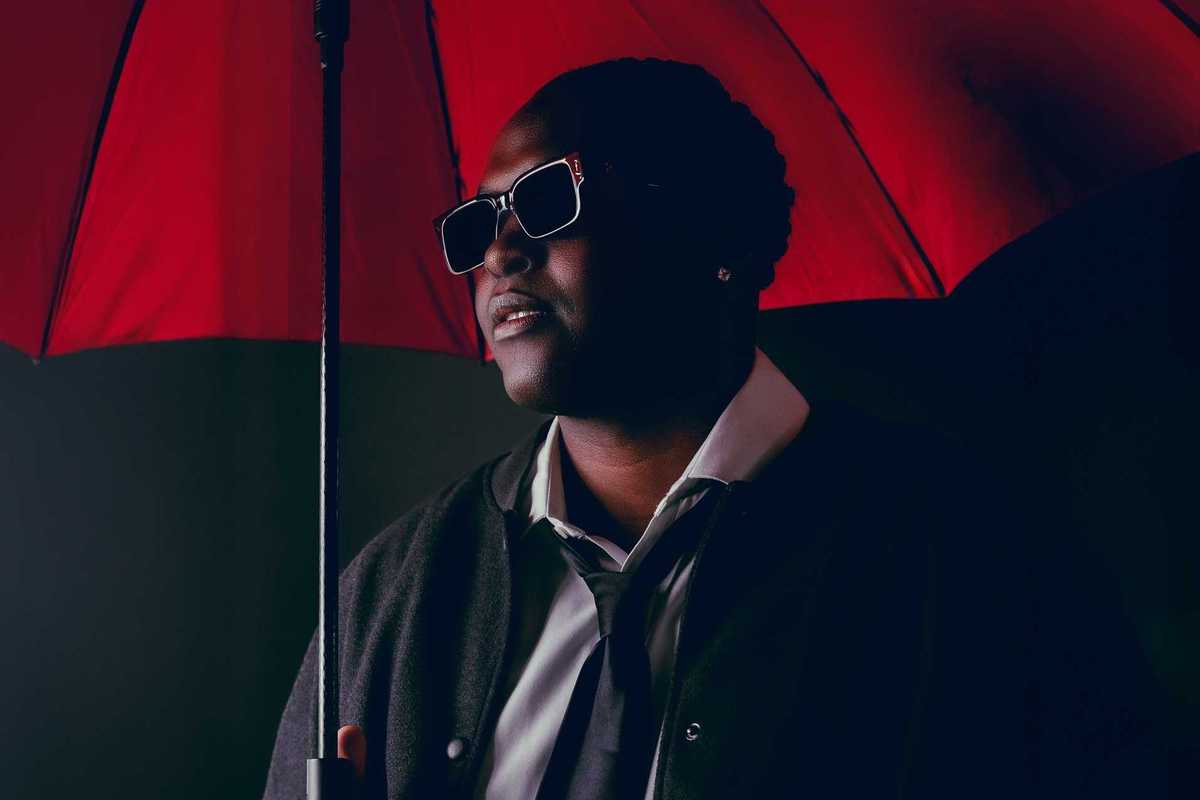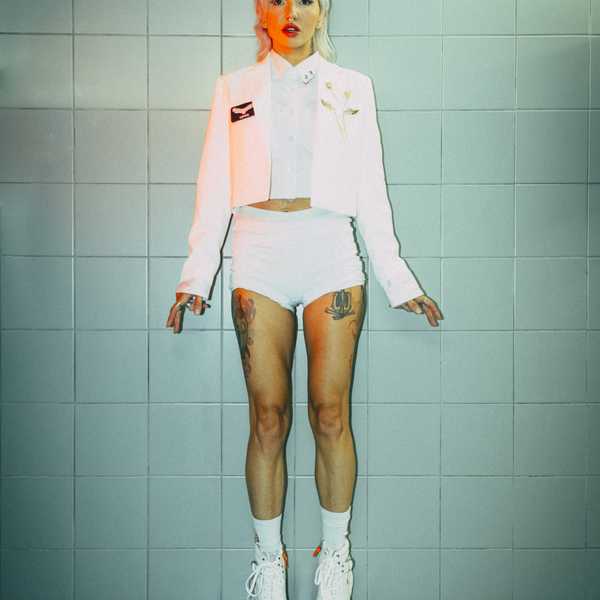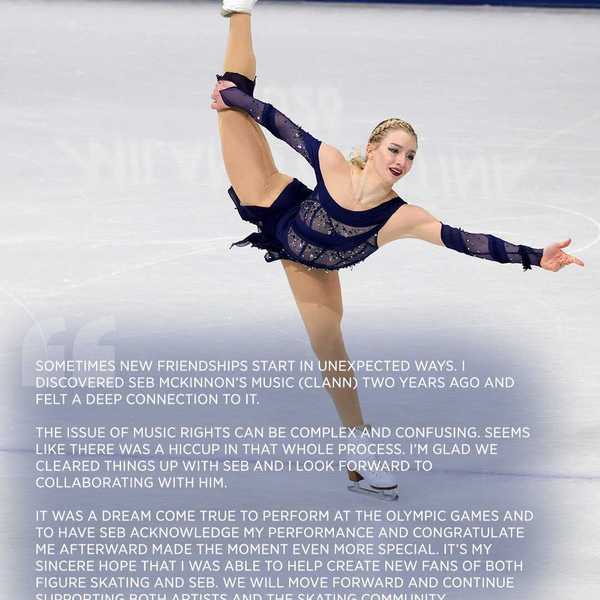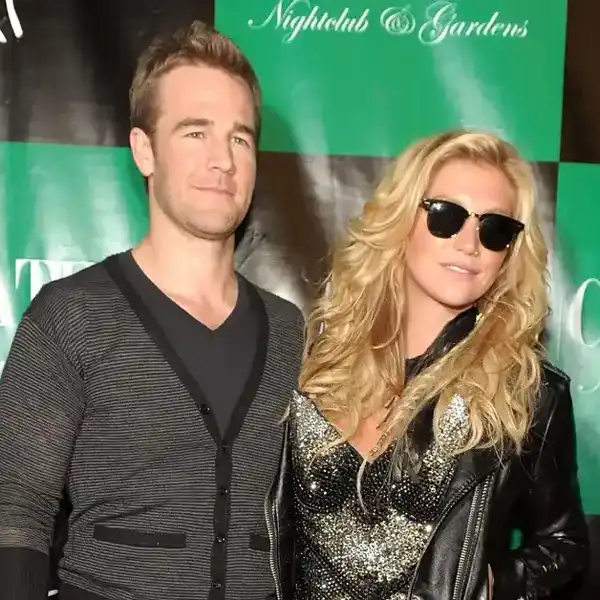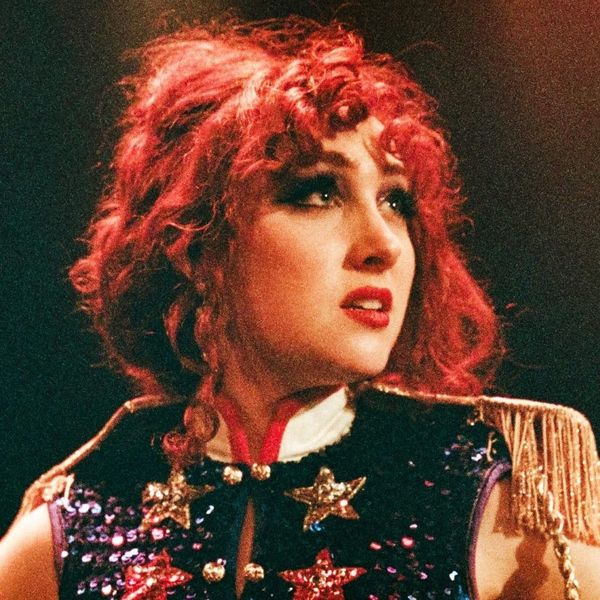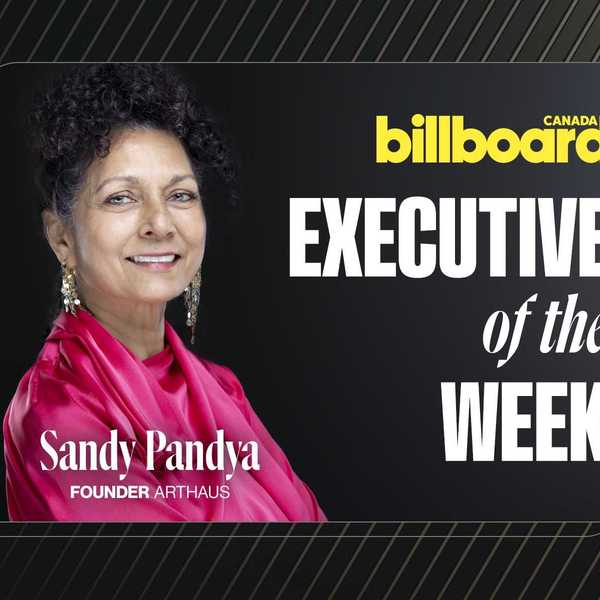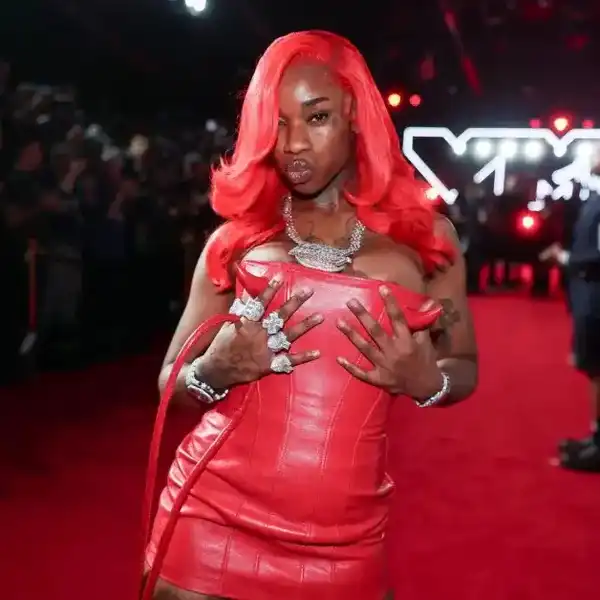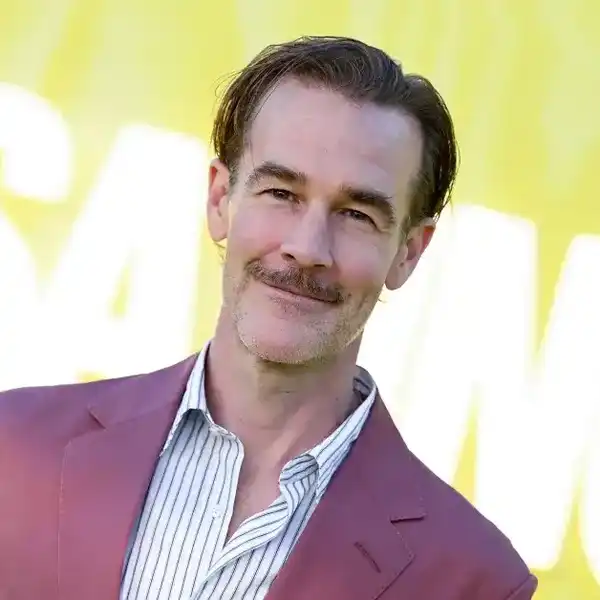Five Questions With… Kim Barlow
After a parenting break, the highly-regarded singer/songwriter returns with a new album, How To Let Go. Here she discusses its bold approach, her creative surge, and her desire to see music industry sexism end.
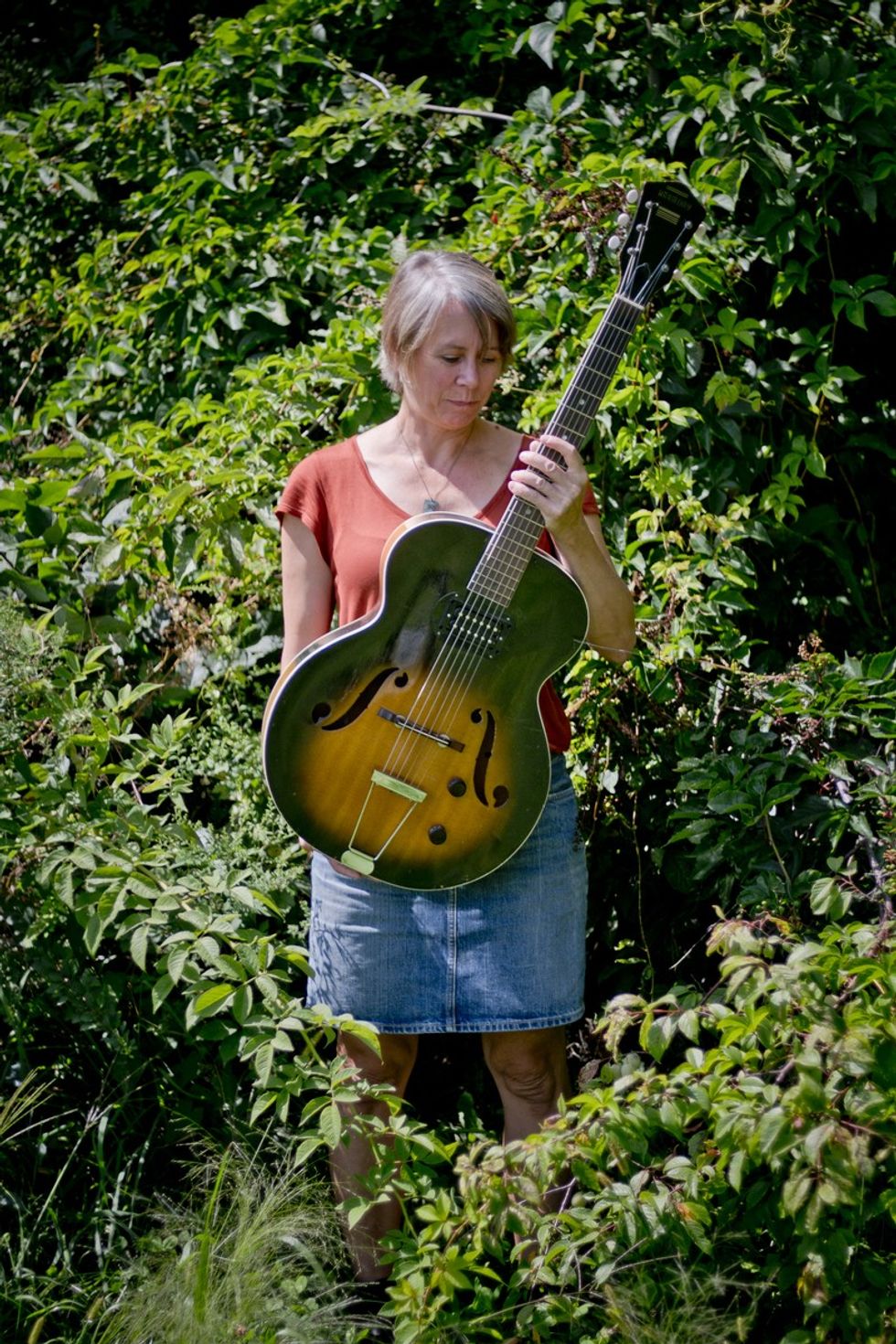
By Jason Schneider
World travelling, multi-award nominated Kim Barlow is re-launching her musical life in Nova Scotia after many years in the Yukon and a recent parenting hiatus. Her new album How To Let Go once again displays her intelligent songwriting and guitar and clawhammer banjo skills.
First single “Whitehorse” encapsulates the recent changes in her life while also serving as a love song for the huge distances she’s covered during her career and the toll that takes on relationships.
How To Let Go adds to Barlow’s catalogue of albums made on her own and through her many collaborations. It features some notable East Coast names including Old Man Luedecke, and balances original material with wild takes on some traditional Maritime tunes.
Barlow will officially launch How To Let Go with a show at The Carleton in Halifax on Dec. 6, with more touring plans set for the spring. Find out more at kimbarlow.ca.
What makes How To Let Go stand apart from previous work you've done?
Moving from Whitehorse to Nova Scotia meant working in a new studio with a new producer and new musicians. This album feels related to my earlier albums like Humminah and Gingerbread, but time has passed. It’s more mature and makes a more cohesive statement. My producer, Mark Adam, brought a lot of new sounds to the mix. His focus was on serving the songs, and my voice and writing are central, but he had some wild ideas, and we ran with them. It goes from really stripped down, raw and intimate, to epic drums, samples and keys. But there is still banjo! It was a great stretch for me musically, figuring out how to hear myself in these settings.
What songs on the album are you particularly proud of and why?
All of them, but in particular “Futureman” and “Whitehorse”. “Futureman” because we went out of my comfort zone and got epic. I tend to take a more humble approach, but this song is kinda huge. It’s still my voice, and it’s got a raw realness mixed with a big pop arrangement that reminds me of the Flaming Lips who I love. I’m proud of “Whitehorse” because it’s the closest I’ve gotten to writing a hit on this record. I tend to veer away from things that sound like other things I’ve already heard, which probably makes my life harder than it needs to be. For “Whitehorse” I used a sort-of Bob Dylan template. It doesn’t get close to Dylan, but it says what I wanted it to say.
How would you describe your artistic evolution so far?
Ongoing. I started on classical guitar when I was a kid, then switched to banjo and writing songs. I wrote some complicated, wordy songs, and then got into old-time string band music, which is very spare. The fewer chords, the better—two is prime. Lines repeat. Old-time songs taught me about capturing a sentiment without needing to tell the whole story every time. Lately, I feel a new creative surge starting. I’m deciding to take myself more seriously and override the self-doubting voices in my head. I have great chops, and I’m going to use them with conviction, going forward.
What's been the most significant change in your life over the past year?
This record, and my kids starting school. I’ve been mainly parenting for the past five years, so it’s pretty exciting to be making music again!
If you could fix anything about the music industry, what would it be?
Streaming services need to start paying musicians fairly, and in the meantime, if you love the song, please buy it! I’d also like to see an end to the sexism that exists in the industry. As I get back into it, I know I will have to fight the invisibility of being an older woman, but there are challenges for women at any age. It’s exciting to see more young women picking up instruments and rocking out. This is what will tip the scales and make the industry a safer and more viable place for women to thrive and express ourselves. I want to see initiatives that will keep that momentum happening.

